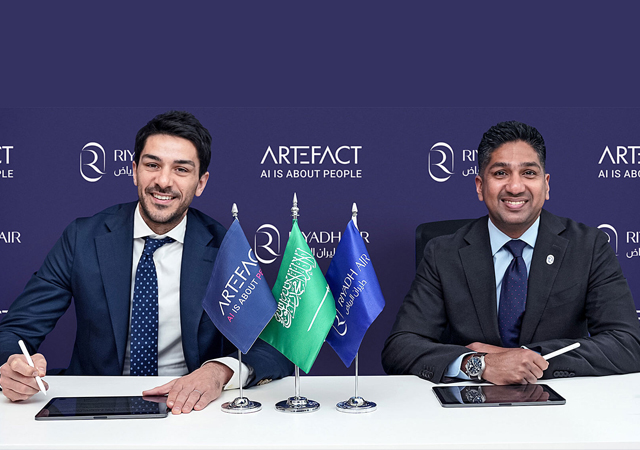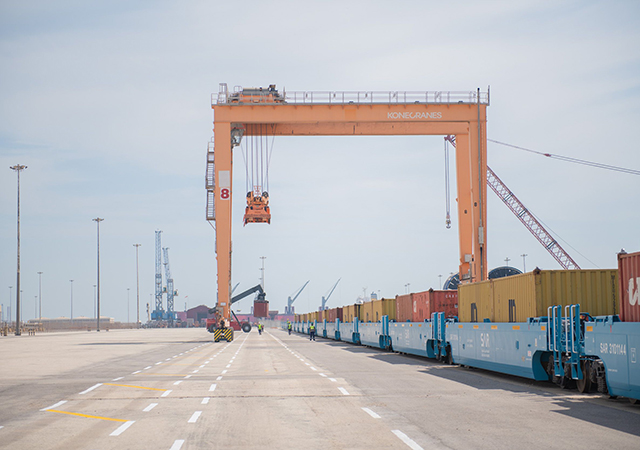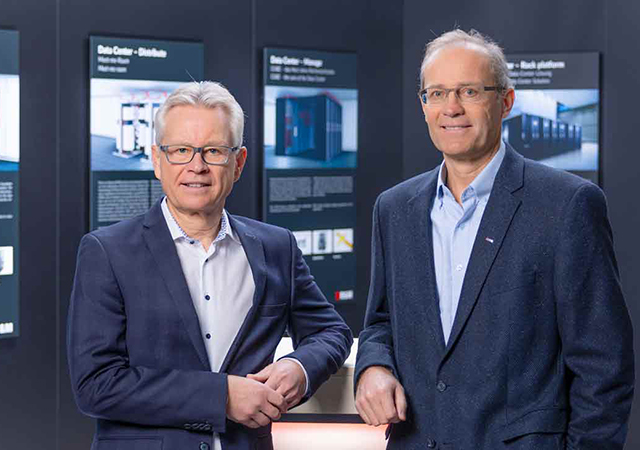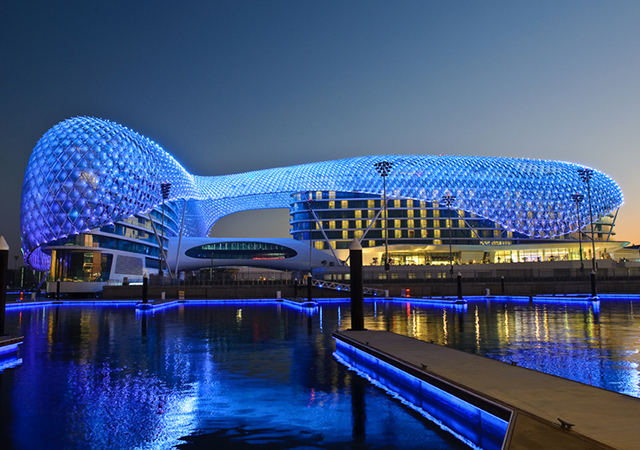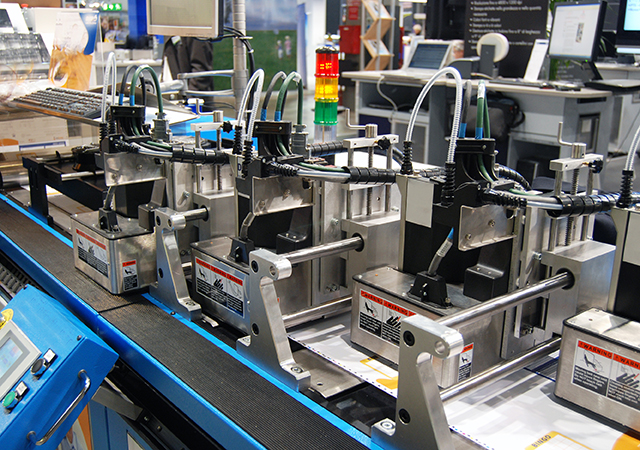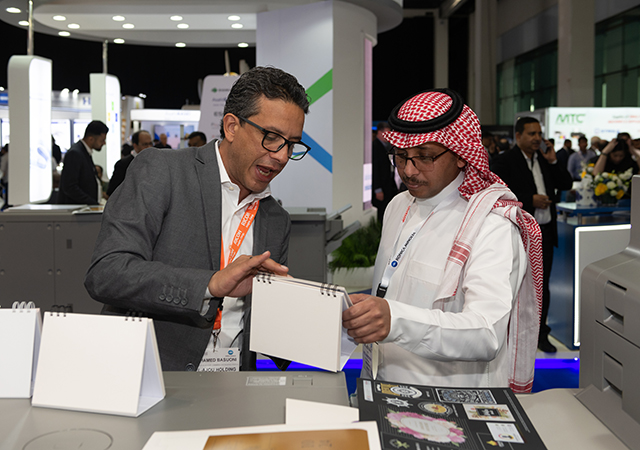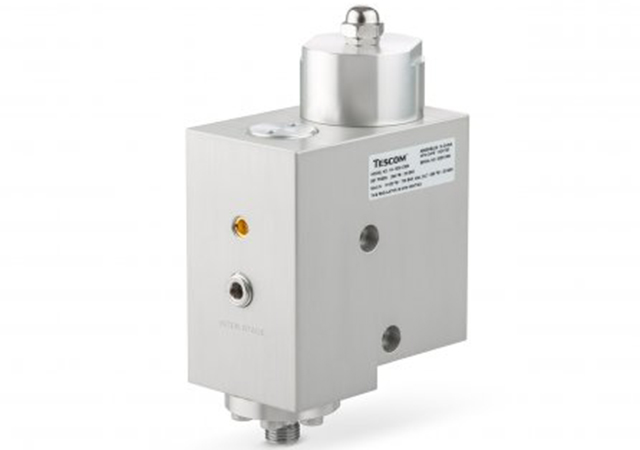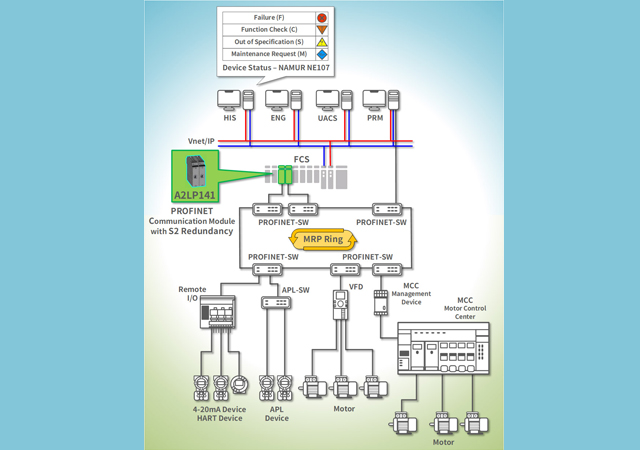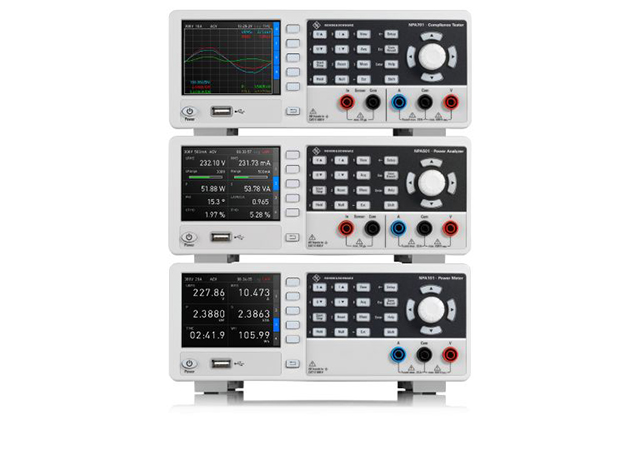
 Rowad is tapping into the lucrative BOPP market
Rowad is tapping into the lucrative BOPP market
Riyadh-based Rowad National Plastic Company, which has diversified considerably over the past few years and is awaiting the completion of the first line of its BOPP plant, has said it will add cell cast acrylic sheets to its product range.
Development manager Ashraf Shah said a joint venture plant would be set up in Dammam to produce cast acrylic sheets, the first time such sheets would be made in the Gulf. Initial capacity would be 5,000 tonnes per year (tpy) and production could begin in mid-2009.
Cast acrylic sheet is made by a cell-casting process which provides the following characteristics: best optical-quality, highest long-term design stress, superior weatherability, ease of fabrication, and the highest degree of chemical resistance available in an acrylic sheet.
The product is supplied to the aerospace, transportation, security, optics and acrylic furniture industries.
The BOPP plant signifies a major diversification is taking shape in Dammam with commercial production from the first line likely to occur in March 2009. The 30,000 tpy line once completed will be augmented by another line of similar capacity which should be in operation in early 2010.
Austrian company DMT is supplying equipment for both lines which will cost Rowad SR200 million ($53.3 million). It is likely the same company will be signed up for four other lines the company plans to install.
According to Rowad, a 100 per cent subsidiary of National Industrialisation Company or Tasnee, the packaging industry in Saudi Arabia and other GCC countries is in “full swing.” It quoted estimates showing the Gulf packaging market represented about 5 per cent of the global market size of $500 billion with a growth rate higher than the global average.
Dr Moayyed Al-Qurtas, Tasnee’s CEO and chairman of the Rowad board of directors, said while announcing the BOPP project that BOPP film was widely used in Saudi Arabia and other GCC states particularly for packaging fast moving consumer products including snacks.
Advantages
DMT’s machines will produce film of 8.7 m width, which will lead to higher production capacity within a given time than if the width was smaller. Consequently energy consumption and overhead costs will be lower.
The lines will be using resin from Tasnee. Mohammed Z Al-Laabon, chairman of Rowad BOPP and general manager of Rowad National Plastic Company, has expressed high hopes for the plant. He expects the company to be a global supplier in anticipation of which it will establish marketing offices and warehouses in Europe and the US.
Shah said production would be both in commodity and speciality grades, thereby offering consumers a wide choice. As well as the West, demand for BOPP is growing rapidly in the Middle East and North Africa region.
Geomembrane sheet
The company’s newest product is geomembrane sheet which it has been producing for about a year in a joint venture arrangement with US firm Wasew Technologies and Egypt’s Golden Trade. “The Rowad geomembrane is manufactured using high molecular weight polyethylene specifically formulated to be most resistant to sunlight, chemicals, leachate, toxic wastes and hydrocarbons,” said Shah. The product is now being installed in government and private construction projects in the municipal/sanitary landfill, water treatment and mining industries. The company makes 8 m sheets, larger than most companies do, and annual production capacity is 10,000 tonnes.
Al - Laabon, who also heads Rowad International Geosynthetics Company, which manufactures the geomembrane, said the new operation would help spur Rowad’s revenues and help it maintain its leadership in the plastic sheet business while it retains its strong position in injection moulding and industrial plastic waste recycling.
Good progress
Thanks to vibrant industrialisation in Saudi Arabia and the Gulf, Rowad has been able to advance from having just a one-sheet extrusion line of 3,500 tpy in 1994 to a production level of nearly 50,000 tpy with three-sheet extrusion lines producing polycarbonate, acrylic sheets, polystyrene sheets and ABS sheets. The company also makes battery cases and plastic pails and reprocesses plastic resin.
Al-Laabon says that in today’s competitive world, packaging is one area of marketing where some leading companies have increased spending. Brand managers are increasingly realising the critical role that packaging can serve in the marketing mix.
“The opportunity is to optimise the use of packaging, leveraging all aspects including design, structure, function, aesthetics, and graphics to achieve enhanced value and benefits. If the packaging is out-dated or is non-distinctive in its category, it is probably not building the required brand image significantly. The time to redefine the role of packaging as a marketing tool is now,” he observes.
Innovative pails
Keeping this in mind, Rowad took the initiate to develop and supply innovative plastic pails which are injection moulded with in-mould labeling (IML), an arrangement it says is better than pressure-sensitive (self adhesive) or heat transfer labeling because it is embedded in the wall of the product.
All post-mould labeling operations, printing and or equipment and costs are eliminated because the in-mould labeled product is ejected fully labeled, says Shah. “As an ISO 9001 quality system company we are open to work as strategic partners with paints manufacturers who have shifted from metal cans to plastic pails for mutual long-term benefits. Today Rowad pails are positioned for paints, putty, ink, grease and even food products such as ice-cream.”
Shah adds that Rowad will soon introduce additional sizes for the pails.
Polycarbonate sheets
The company’s polycarbonate sheets have enjoyed widespread acceptance. Rowad describes the product as a high-performance engineering thermoplastic that is characterised by high clarity, heat and flame resistance, dimensional stability and exceptionally high impact strength over a wide temperature range.
“Rowad’s polycarbonate sheet is virtually unbreakable and has 250 times the impact strength of glass and 30 times that of acrylic sheet,” a company statement says. “Its weight is approximately half of glass. It contains on both sides UV protection layers of 50-60 microns in thickness, which makes it more durable, maintaining colour, light and strength over a long period.
“It requires less structural support than either glass or acrylic. Its lightweight material also results in easier handling and installation as well as transportation cost savings.”
The sheet has a wide range of applications such as swimming pool and stadium roofing, skylights, domes, canopies, light covers, gates, doors, windows, partitions, insulation for electrical panels, automobile components and components for computers among other things.
Other Rowad products
Products in Rowad’s portfolio include battery cases, covers and caps which it makes from very high quality co-polymer with excellent chemical resistance, load bearing strength, dimensional stability and weather resistance.
The company has installed state-of-the art equipment for the recycling of polypropylene automotive batteries and other plastic lumps. The finished product is said to be of high quality.
Another notable product is the Rowad high impact polystyrene sheet (RHIPSS), which a company text states is a thermoplastic with the elastomer additive that gives it excellent extrudability, high rigidity and impact strength. The sheet shows chemical resistance and is dimensionally stable while resisting cracking and splitting. It can also be made more weather resistant and durable for outdoor applications as per customers’ requirements.
RHIPSS is usually available in lengths of 3 m and widths up to 2.05 m. The product has wide applications including refrigerator components, furniture moulds and packaging of jewellery, watches and even food.
Rowad’s ABS sheets (RABSS), which is an engineering thermoplastic, is one of the company’s main products. This is also known as terpolymer of acrylonitrile, butadiene and styrene monomers. These three compounds contribute different sets of useful properties to the sheet. For example, acrylonitrile brings chemical resistance and heat stability, butadiene provides resistance and toughness and styrene ensures rigidity and easy processing.
RABSS is usually available in lengths of 3 m and a width of up to 2.05 m. The product conforms to Saudi, ASTM, DIN, BS and ISO standards. Applications include refrigerator inner liners, automobile components, internal doors, luggage, sanitaryware, cosmetic packaging and telecom components.
Another product the company manufactures is the Rowad acrylic sheet (RAS) which is a thermoplastic sheet that the company says possesses sparkling crystal clarity and outstanding surface hardness combined with superior weatherability and good chemical resistance. Chemically this is known as polymethyl methacrylate plastic. RAS is available in the usual size of 3 m length and width of 2.05 m. A thickness of 2.15 mm or higher is possible if required, says the company.
“RAS shows excellent transparency and diffusion of light,” the company says. “The transmission of visible light is 92 per cent, which is equal to glass, and the haze is less than 1 per cent.”
It adds that RAS is available in plain, textured, prismatic and sand-blasted surface or as per customers’ requirements; it is lighter than glass, approximately half as heavy as glass. It shows good dielectric strength, low electrical conductivity and excellent arc resistance. The product has a wide range of applications including decorative signwork and display, window glazing, automotive components, sanitaryware, skylights and partitions.
The future is promising
New and innovative products and strong demand for them has reflected strongly on revenues. With expansions in the pipeline, the future looks promising. Total sales from all Rowad divisions in 2007 came to around SR80 million. Shah feels this year the figure will cross SR100 million, perhaps extending to SR120 million. The target for 2009, when Rowad’s BOPP film enters world markets, is SR250 million.
Shah says all segments have been doing well, but the highest grossing is the division responsible for reprocessing plastic resins.
“We are able to produce almost virgin-grade resins from European production techniques, and we have a good European market where we command a good price. Capacity at this division is 12,000 tonnes per year, but we make around 10,000 tonnes,” he said.


